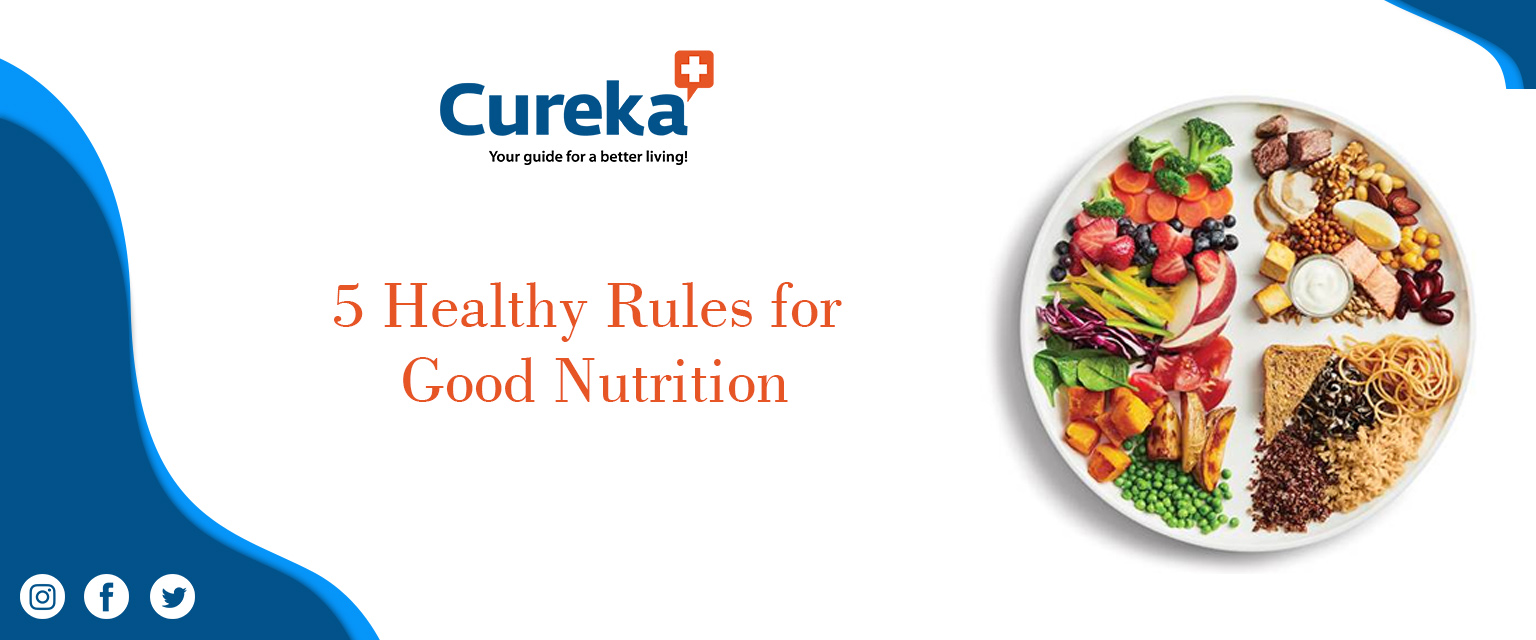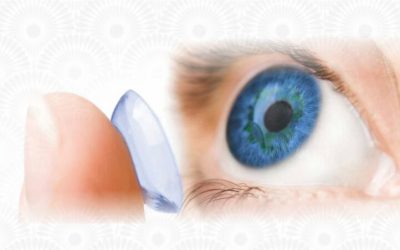Good nutrition would mean eating a balance diet with right amount of
macronutrients(
carbohydrates,proteins and fats) and
micronutrients(
Vitamins and minerals). Consumption of food in appropriate proportions to meet the daily energy requirements without excess intake is the perfect balance. Eating a good nutritious diet is important not only to maintain good health physically but also mental health. How to strike this balance without worrying too much is what we will look into.
Why Should Having a Good Nutritious Diet Matter so Much?
We have to bear in mind that inspite of progress and so many developments we consume (all over the globe) suboptimal diets, quite alarming right! There are many diseases associated with bad diets to list the few toppers would be
obesity, type 2 diabetes, cardiovascular diseases and several types of cancers. Who would have thought that wrong intakes like low intake of whole grains fruits, nuts & seeds and high intake of sugary beverages, salt, processed meat and red meat accounted for more than 50% of diet-related deaths. Suboptimal diet is one causative factor for non communicable diseases and needs proper attention.
Generally food consumed can be broadly divided into macronutrients and micronutrients. Macronutrients are consumed in more quantities and they are responsible for our daily energy required by our body cells to perform our normal routine activities. Micronutrients are comparatively taken in lesser quantities but are necessary for normal growth, development, metabolism and physiological functioning of the body cells. Micronutrients play a major role on your immunity too, as they regulate the immune cell metabolism.
What to eat to have good nutrition is a question everyone wants a perfect answer for!!!! There is so much research done on this and so much of data that one is left confused so as what to end up doing. Let’s try and break them into just 5 simple rules which would help generally to maintain good nutrition and keeping us healthy.
Rule no.1: Take “good”fat in your diet. There are 4 types of fats from diet
Trans fats from partially hydrogenated oils which is the worst for the heart. Saturated fats from red meat and dairy products, if consumed in under 8% of your calorie count is fine but more of it can cause damage to the heart.
Monounsaturated and polyunsaturated fats which are sourced from vegetable oils, seeds, nuts, whole grains etc are necessary fats for good nutrition.
Polyunsaturated fatty acids, omega-3 and omega-6, are the essential fatty acids required for normal growth and reproduction. These fatty acids are not produced by the body and must be obtained from dietary sources.
Polyunsaturated omega-3 fatty acids is found in abundance in fish which is a component of a healthy diet and also essential for cardiac health. Sunflower seeds, walnuts, soya bean, flax seeds are few vegetarian sources.
Rule no.2: Carbohydrates are the primary source of energy in the diet. They convert into glucose which release energy in your body. It is the only macronutrient with no established minimum requirement. It depends totally on individual needs based on their types of activities. Carbohydrates are found in abundance in grains, fruits, legumes, and vegetables . You should always choose slowly digested carbohydrates over highly refined ones. How does one do that? It is a simple principle, avoid refined food and pick foods which are whole grains and fibrous. Whole grains have more fibre and micronutrients.
When is the right time to consume carbohydrates ? Well if you are a normal individual then you could take it in small quantities in all your meals. If you are a diabetic or have weight issues then you should consume it in the early hours of the day.
Rule no.3: Proteins are
important to maintain muscle mass and maintaining strength as you age
. Best way to consume proteins is aim
for at least half of protein from plants—beans, nuts, seeds, whole grains, fruits, and vegetables. For the rest of the protein intake choose fish, eggs and poultry. Small amounts of red meat and dairy should make up the balance.
High intake of animal protein has been shown to promote age related diseases.
Increase amount of protein while controlling total energy intake facilitates fat loss and improves weight loss and helps you to maintain the lost weight. Keep in mid that your total energy intake should be borne in mind. The total energy intake recommended for normal physical activities should not exceed 2000Kcal in women and not beyond 2500Kcal in men.
Rule no.4: Vegetables and fruits should make the maximum of your food intake. They are rich in fibre, helps digest carbohydrates slowly, rich in vitamins and minerals too. As a general rule you should eat at least one serving of a dark green leafy vegetable, a yellow or orange fruit or vegetable, a red fruit or vegetable, and a citrus fruit. Vegetables and fruits have numerous phytonutrients that have been associated with protection against cardiovascular disease, aging-related vision loss due to cataract and macular degeneration, and maintenance of bowel function to mention the few benefits.
The mechanism of action by which fruits and vegetables benefit our body is quite unclear. The phytochemicals (polyphenols, phytosterols, carotenoids) exhibit antioxidative properties. They play a role in cell repair, fat metabolism and as inflammatory mediators.
As a general rule 1/3rd of our diet should be fruits and vegetables.
Rule no.5: Hydration should never be overlooked.
Generally the regular food we consume gives us 20% of the fluids needed by our body. You can consume fluids as plain water or, tea, herbal drinks, juices, tender coconut water, buttermilk and so on. Sugary, fizzy drinks or alcoholic beverages are not the once recommended for regular fluid intake.
Good hydration and consumption of adequate fluids allows us to get rid of waste products from the body via the kidneys and urine production It helps to regulate body temperature by the process of sweating.
Chronic mild dehydration,quite common and may present as constipation or urinary tract infections or burning sensation while passing urine. Hypertension (high blood pressure), coronary heart disease (CHD) and stroke are few conditions which are aggravated by long term lower consumption of fluids.
2.5 to 3.5 litres of water should be taken every day to keep our body function going on well.
Meal timings and the number of meals you consume also plays a role in proper nutrition. It has been proved that if you skip breakfast often you have tendency to develop obesity and heart issues. A consistent eating pattern, eating most calories in earlier half of the day, avoiding meals close to bedtime is a simple principle to good digestion. This will help with good metabolism, maintain circadian rhythm and maintain a good gut microbiota which is very much needed for proper digestion of the food consumed.
Dietary patterns play a major role in disease occurrence and modulation. Good nutritious diet is the path to a healthy disease free life.














